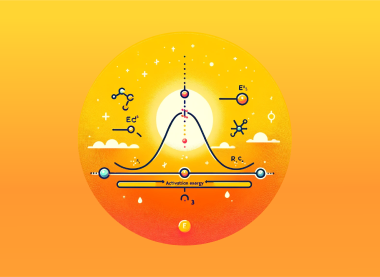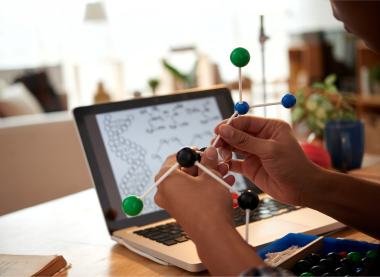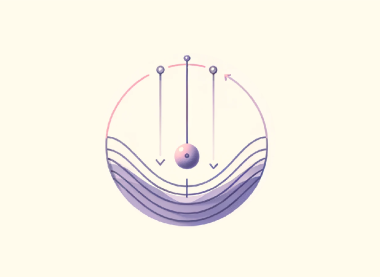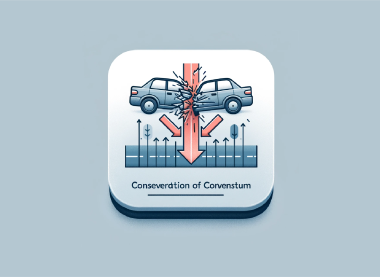Showing 13-24 of 26 results
Sort-by:
-
Class 1: Fundamentals of Space, Time, and Motion
This Class covers the basic principles of kinematics, forces, and energy in the context of space and time. Students will learn to describe motion quantitatively and qualitatively, and understand. -
Unit 7: Equilibrium
Study the dynamic nature of chemical equilibrium and the factors that affect it. -
Unit 5: Kinetics
Understand the factors that influence the rate of chemical reactions and the mechanisms behind them. -
Unit 4: Chemical Reactions
: Learn about the different types of chemical reactions and how to represent them using chemical equations. -
Unit 3: Intermolecular Forces and Properties
Explore how intermolecular forces affect the physical properties of substances in different states. -
The Complete AP Physics Course
A set of Advanced Placement courses and exams known as AP Physics teach basic concepts in physics, preparing high school students for physics courses at the college level and. -
The Complete AP Chemistry Course
Advanced Placement (AP) Chemistry, also known as AP Chem, as a course and test as part of the Advanced Placement Programme to allow high school students to present their skills. -
Unit 3: Circular Motion and Gravitation
Students will explore the motion of objects in circular paths and the forces that cause this motion. This unit also covers the principles of gravitation and the behavior of. -
Unit 4: Energy
This unit focuses on the concepts of work, energy, and power. Students will learn about different forms of energy and the principles of energy conservation. -
Unit 5: Momentum
Students will learn about linear momentum, impulse, and the conservation of momentum. This unit includes the study of collisions and explosions in one and two dimensions. -
Unit 6: Simple Harmonic Motion
This unit introduces the concept of oscillatory motion, focusing on systems that exhibit simple harmonic motion (SHM). Students will explore the properties and behavior of oscillating systems. -
Unit 7: Torque and Rotational Motion
In this unit, students will study the dynamics of rotational motion, including the concepts of torque, rotational inertia, and angular momentum.












